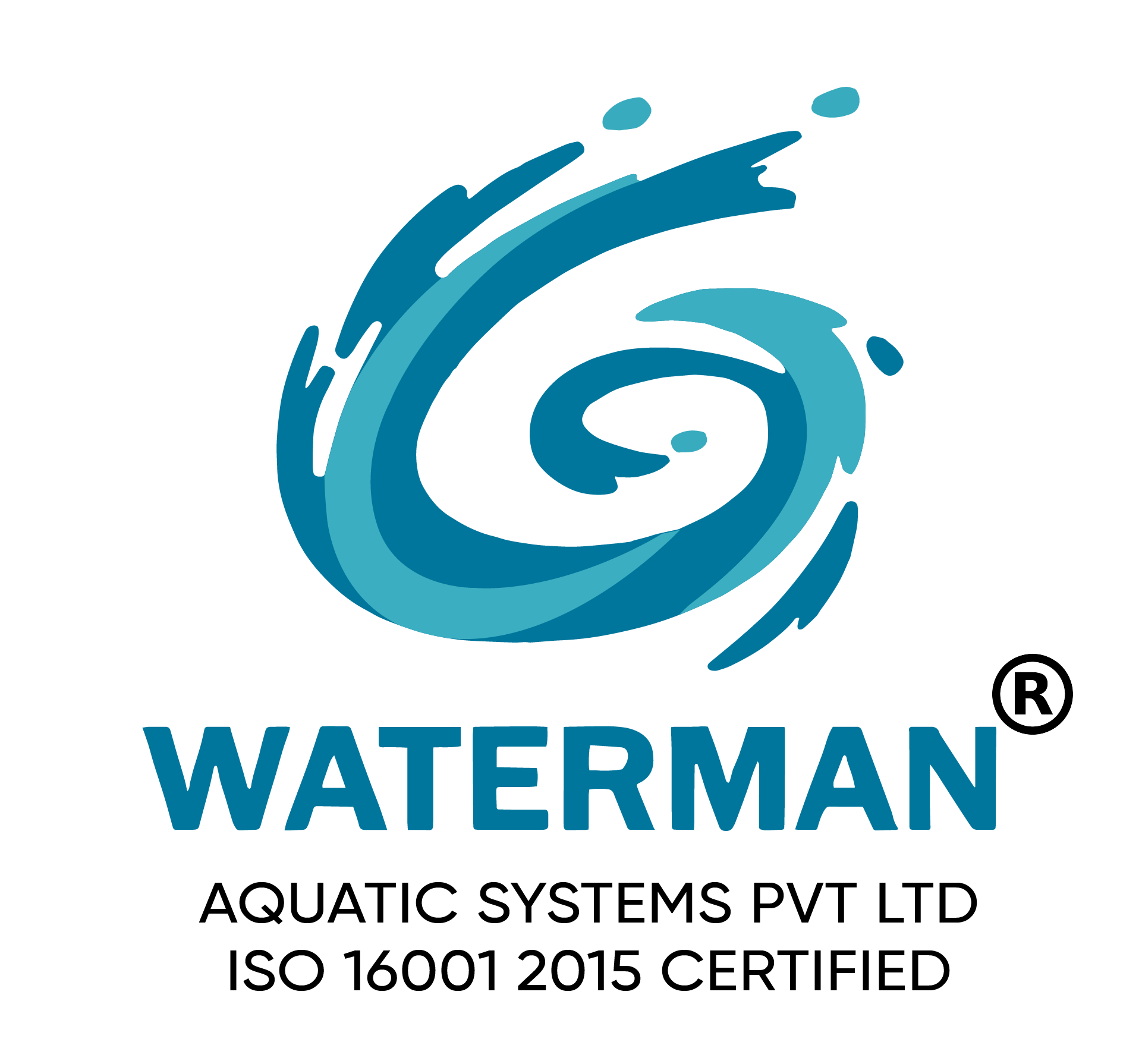Grey Water Treatment Plant

Greywater filtration and recycling systems play a crucial role in harnessing the potential of greywater for various purposes. Here are some key points about these systems:
1. Filtration Process: Greywater filtration systems typically involve multiple stages to remove contaminants and impurities. These stages may include physical filtration, such as screens or meshes to remove larger particles, as well as biological or chemical filtration to break down organic matter and remove pathogens.
2. Treatment Methods: Various treatment methods can be employed depending on the intended use of the treated greywater. This may include processes such as sedimentation, filtration, disinfection (e.g., chlorination, UV treatment), and even advanced techniques like reverse osmosis or membrane bioreactors for higher purity requirements.
3. Reuse Applications: Treated greywater can be utilized for a range of non-potable purposes, including:
– Irrigation: Watering gardens, lawns, and landscaping.
– Toilet flushing: Replacing potable water in toilets.
– Laundry: Replacing potable water for washing clothes.
– Industrial processes: Some industries can use treated greywater for non-critical processes.
4. Benefits of Greywater Reuse:
– Water Conservation: Greywater reuse reduces the demand for fresh water, easing pressure on freshwater sources and reducing water bills for households.
– Wastewater Reduction: By diverting greywater from sewers or septic systems, these systems help reduce the strain on municipal wastewater treatment infrastructure and the environmental impact associated with wastewater disposal.
– Nutrient Recycling: Greywater contains nutrients like phosphorus and nitrogen, which can nourish plants when properly treated. This nutrient recycling contributes to soil fertility and reduces the need for chemical fertilizers.
5. Environmental Impact: Implementing greywater recycling systems can contribute to overall sustainability efforts by conserving water resources, reducing energy consumption associated with water treatment and distribution, and mitigating pollution of water bodies by reducing the load on wastewater treatment plants.
6. Regulations and Guidelines: It’s essential to adhere to local regulations and guidelines regarding greywater reuse, ensuring that systems are properly designed, installed, and maintained to prevent health risks and environmental contamination.
In summary, greywater filtration and recycling systems offer a sustainable solution for managing household wastewater, providing numerous benefits for both individuals and communities while contributing to water conservation and environmental stewardship.





